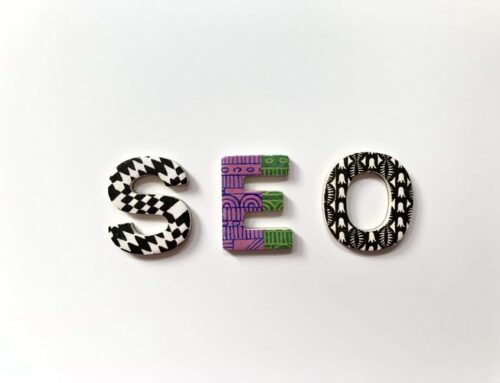How to SEO Your Website: Keyword Research
The first thing that you should do before you begin optimizing your site is to make a list of relevant keywords. The article “4 Simple Keyword Research Tips to Improve Search Engine Rankings” will show you how to find the keywords that will generate the most traffic in your niche.
After you have found the core keywords that you will use to optimize your site, you should begin by choosing a domain name that has one of your primary keywords included if possible. Then, you should create a website that has a nice, clean code. I use WordPress because it is already designed to appeal to the search engines. If you are using WordPress, you can use an SEO plugin to make optimization quick and effortless. However, if you are using another platform, you may have to optimize your website manually.
*Very Important* Activate your site map to make sure that the search engines can index all of the pages on your site.
How to SEO Your Website: Page Titles
SEO Optimization begins with creating good, unique page titles for each page. When optimizing the page title, you will need to go into the HTML code for your website and insert your keyword for the page or the title of the page (keyword included). It’s very important that your page title includes the primary keyword for the page. Some SEO experts argue that this is the most critical part of all the SEO optimization that you will do to your site.
To find out more about optimizing your title tag or page title, read “On Page SEO Factors: Title Tags.”
How to SEO Your Website: Meta Tag and Meta Description
The meta tag and meta description are not as important as the page title, but the meta description will be listed underneath the link to your site when a visitor sees your site on Google or the other major search engines. To optimize the meta tag, choose an appropriate keyword and category that will be used to identify the content of that page. You should also provide a description or call to action that tells people what to expect when visiting that page.
How to SEO Your Website: Creating Keyword Rich Content
Once you have the basics of SEO complete for your site, you should focus on creating completely unique content that will serve to inform, educate, or compel your readers to learn more about what you’re offering. The content that you provide on your website is critical to capturing your visitors’ attention, making the sale, and driving more traffic to your site. Your web copy should instantly give your readers an idea of the purpose of your website, and it should also persuade them to learn more by browsing through the other pages on your site.
Search engines love fresh content, and a blog is often a great way to attract more traffic to your site and increase search engine rankings. By providing updated information to prospective clients and visitors, you can increase clicks and conversions, as well as rank higher with the major search engines.
When creating content for your website, you should also insert your keyword into the text so that the search engines will be able to identify the topic of the content. Keyword density is a term that describes how often a particular keyword or keyword phrases is used in an article. To illustrate, in a 400 word article with a keyword density of 1%, the keyword would be used at least 4 times. Aim for a 1% to 2% keyword density with a primary keyword in all articles and blog posts. You may also want to sprinkle other keywords into the content as well.
How to SEO Your Website: Image Titles and Alt Tags
When you add images to your content pages, it gives a great visual appeal, but the search engines can only index text, not pictures. By adding alt tags to the images that you place on your website, you can optimize these pictures so that the search engines will associate a specific keyword with that image.
How to SEO Your Website: Internal Linking
When you build a website, you should try to link to other pages on your site as frequently as possible. Internal linking is an important component to SEO because it gives the search engines crawlable links to read on your site.
How to SEO Your Website: Backlinks
Backlinks could be a topic all to itself, as it is one of the most important components to your SEO efforts. Backlinks are links to your site that are posted on other websites, social media sites, forums, etc. Creating quality backlinks to your site requires that you find other websites that have a similar message or topic as you so that you can get a link to your website from another (ideally popular) site. This can be time consuming, but it is essential to ensure that a link to your website is posted in as many places as possible. Article directory submissions are a great place to get backlinks, as well as guest posts on other related blogs, forum posts, blog comments, social media links, etc.
To find some simple tips on the best way to SEO your HTML code, read this SEO optimization tutorial.





 CERTIFIED EXPERT
CERTIFIED EXPERT